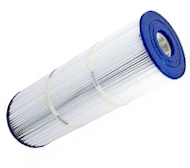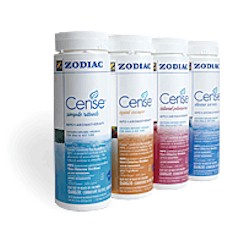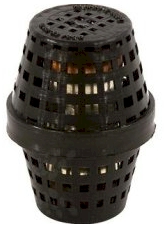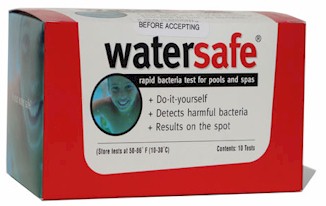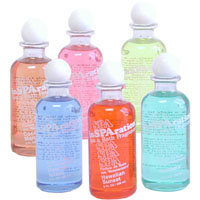|
|
269-978-1983
|
| |
|
|
|
|
|
|
|
|
|
|
|
|
|
|
Popular Products:
|
|
|
|
|
|
|
|
|
|
|
| |
|
Swimming Pool and Hot Tub Water:Problems with High or Low Calcium Hardness
Calcium hardness (also known as total hardness, or water hardness) is the concentration of all the minerals that are dissolved in your water. Calcium, sodium, and magnesium are some of these dissolved minerals. There is more dissolved calcium than any other minerals in the water, which gives us the term "calcium hardness," even though the term refers to all of the minerals in the water. The ideal calcium hardness level is between 200 and 400 PPM (parts per million). Low hardness (soft water) and high hardness (hard water) can both have negative effects on you, your spa, or your pool.
Testing for Calcium Hardness
First, you'll want to check your water to make sure your hardness level is within the appropriate range (200-400 PPM). This can be done using the AquaChek Red Test Strips, which are able to measure the calcium hardness of your water. You can then use the information below to fix or help diagnose a low or high calcium hardness problem.
Low Calcium Hardness (soft water)
Problems
If the mineral content of your water is too low, the spa or pool water will be corrosive. Minerals in your metal equipment components, plaster surface, or tile grouting will begin to dissolve - leaving you with rusted equipment, and soft/eroded spa or pool surfaces. Your water may also be cloudy or foamy.
Solution
You can easily increase your calcium hardness by treating your water with Pool Solutions Calcium Plus.
*Calcium increase should not be used in conjunction with any pH-holding products.
High Calcium Hardness (hard water)
Problems
If your water has a high mineral content, your water is considered to be supersaturated, and can cause scale formation (calcium carbonate deposits) on the pool/spa surfaces, pipes, plumbing, or on the filter, and can also cause cloudy or foamy water. Bathers may also complain about irritated or itchy skin and burning eyes.
Solution
If the high calcium hardness is due to pool chemicals, simply draining the pool/spa water will lower the calcium hardness level (If it's not too high, try partially draining the water, but if it's quite high, you should drain all of the water). If the fill water itself is to blame, you can use chelating agents - such as Sea-Klear's Stain and Scale Control - which aids in the removal and prevention of scale deposits by causing the minerals to attach to each other, meaning they won't attach to anything else.
|
|

